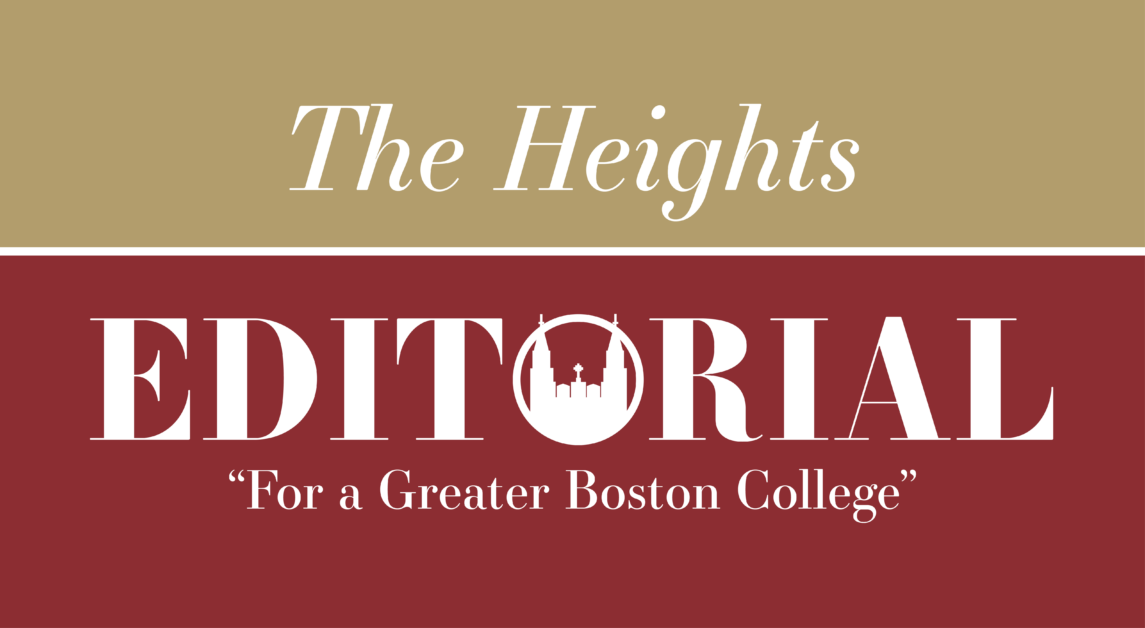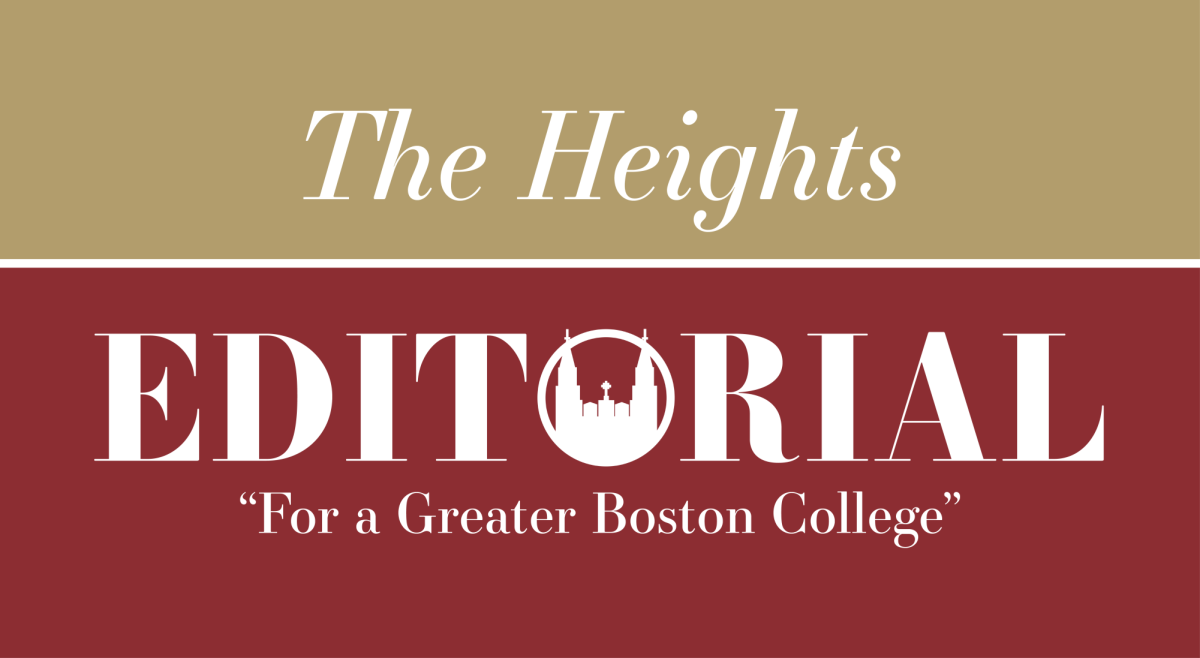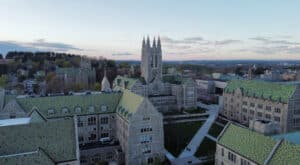Last month, 2,394 incoming Boston College freshmen received an email that revealed long-awaited housing decisions. Students anxiously logged into their housing portals, wondering whether they would be placed on Newton or Upper. Many, however, were in for a rude awakening when they found three names listed next to their room numbers rather than two.
One of the first things incoming first-year students have to interface with at Boston College is their living situation. Most are living away from home for the first time in their lives, many are uncertain about what the college experience will hold for them and harbor anxieties about the new workload.
The student experience shouldn’t be plagued by housing worries. Yet it often is.
Many freshmen this year have been subject to living in forced, or “lofted,” triples. These forced triples, originally constructed to house two students, come as an involuntary disappointment for the new undergraduates selected off the waitlist or by random draw.
The Office of Residential Life did not respond to multiple requests for comment.
These lofted triples don’t just feel like a tight squeeze to live in, but they are in fact technically below the “minimum standards of fitness for human habitation” according to the Massachusetts Housing Code. The city of Newton Health and Human Services Department granted BC a variance to the minimum square footage requirements to allow the school to implement these lofted triple rooms.
One recently admitted freshman expressed his disdain for the accommodations that many of his classmates were forced into after visiting a friend’s forced triple.
“Something needs to be done about the quality [of the dorms],” he said. “Hearing about all of the forced triples in rooms meant for doubles is ridiculous. These situations shouldn’t be happening given the amount of tuition money being poured into BC every year.”
The difficulties with housing don’t end after freshman year either. From the brutal process of the eight-man lottery for sophomores to the senior struggle to score a Mod, BC not only lacks enough actual rooms, but also maintains a system of stress, frustration, and dissatisfaction.
BC advertises itself as a school with a strong on-campus culture and community. While it is common for most college seniors to live off-campus, over 90 percent of BC seniors forgo the freedom of off-campus living so they can be part of an on-campus community for one final year. One of the school’s promotional videos for prospective students boasts the importance of campus living to students at BC.
“BC offers a meaningful residential life experience and campus community,” the video narrates. “BC students take pride in their freshman year roots, affectionately competing over which campus [Newton or Upper] is superior.”
Housing shortages at BC are not anything new. A Heights article from 1970 chronicles the then struggle to accommodate BC’s overflowing student housing infrastructure. The striking lack of space and beds for students eventually manifested into a temporary (or rather, modular) solution, with the University electing to install the 76 six-man units that have become a staple of senior living: the Mods.
Another article in that same 1970 edition remains particularly relevant to BC’s modern problems.
“As early as 1965 there was talk (and some actual plans on paper) for new dormitories on the lower campus,” the article states. “After many administrative delays, the final plans for the lower campus were announced this past March. The plans were comprehensive and impressive. And they had little hope of being implemented.”
While talk of increasing on-campus housing has circulated for over 50 years, the University has not constructed any freshman dorms since the addition of Newton Campus in 1974. In the past half-century, only ten dorms have been constructed, one of which, Edmonds Hall, was demolished in 2016. None of these dorms were made to house freshmen, minimizing the number of upperclassmen students living off campus but not providing a long-term solution to the glaring need for additional housing.
The University has asserted that it is in the process of renewing its Institutional Master Plan (IMP), which was originally approved by the Boston Redevelopment Authority in 2009. Since the commencement of the IMP in 2009, 13 major construction or renovation projects have been completed. Of those 13, however, only two involved increasing student housing, neither of which were allocated toward freshmen.
Fast forward 15 years since the IMP’s inception and eight years since the most recent dorm’s construction, and the University is still grappling with a crisis that it never managed to solve.
Now a new IMP is set to take shape, yet if this plan is anything like its predecessor, we won’t see meaningful change anytime soon. The housing issues at BC are not going to boil over in a few years from now—they started boiling over decades ago and have been compounding ever since.
If BC intends to finally solve its age-old housing problem and fix its shortcomings, it must swiftly place student housing at the top of its priority list in the coming years. If not, the University risks allowing this relatively contained crisis to balloon into an irreversible situation that deters prospective students and harms BC’s status as a leading national university.











